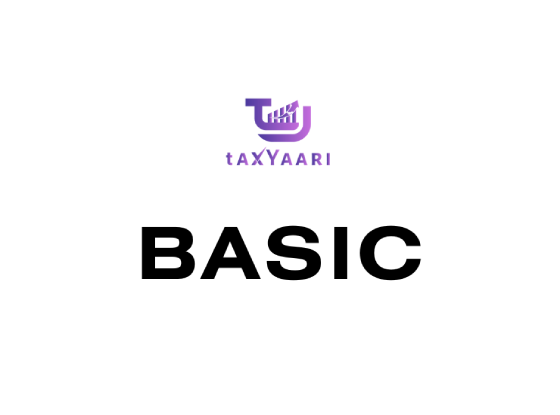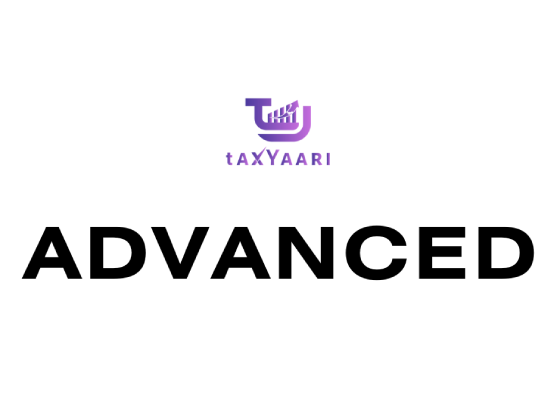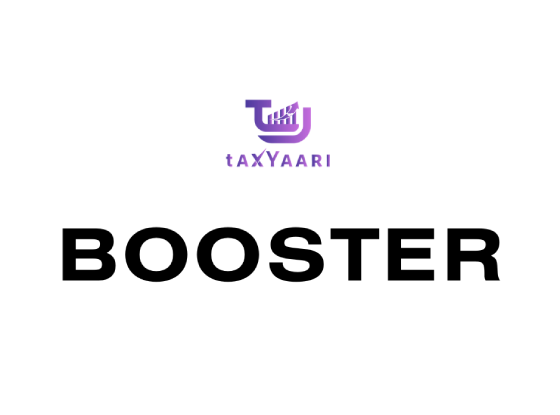Limited Liability Partnership (LLP)
Limited Liability Partnership (LLP)
Combine the flexibility of a partnership with the advantages of limited liability through LLP registration. Taxyaari simplifies the process, offering a perfect solution for professionals and small businesses seeking a structured, legally recognized entity. For more details on the service and the processes involved, please refer to the FAQs below.
Couldn't load pickup availability




FAQs
What is a Limited Liability Partnership?
Limited Liability Partnership (LLP) is a type of business entity that offers the benefits of a partnership with limited liability to its partners. LLPs are registered under the Limited Liability Partnership Act, 2008, and can have a minimum of 2 partners.
What are the Benefits of LLP?
Limited Liability: The partners' liability is limited to their capital contribution in the LLP, and they are not personally liable for the LLP's debts.
Flexibility: LLP offers flexibility in terms of its management and operations. The partners can decide the terms of their partnership and the LLP agreement governs the relationship between the partners.
Perpetual succession: LLP has a separate legal entity, and its existence is not affected by changes in its partners. The LLP continues to exist even if one partner leaves the partnership or dies.
No requirement of minimum capital contribution: Unlike a private limited company, LLP does not have a requirement for minimum capital contribution.
What are the Demerits of LLP?
Regulatory compliance: LLPs are required to comply with certain regulatory requirements such as filing of annual returns, audited financial statements, etc. Failure to comply with these requirements may lead to penalties.
Limited fundraising options: LLPs cannot raise funds from the public, and the partners have to rely on their personal funds or borrowings from banks or financial institutions.
Limited growth potential: LLPs are suitable for small to medium-sized businesses and may not be the best option for businesses that require large capital investments or have plans to go public.
What is the time Required for Formation?
The process of forming an LLP involves obtaining a Digital Signature Certificate (DSC) and Director Identification Number (DIN) for the designated partners, obtaining the name approval for the LLP, drafting the LLP agreement, and filing the incorporation documents with the Registrar of Companies (RoC). The entire process can take around 7-9 working days approximately.
What is the Income Tax Rate on Income and Income Distribution?
Limited Liability Partnerships (LLPs) are subject to a tax rate of 30%, in addition to any applicable surcharges and the health and education cess.
What are the Documents Required for Registration?
The following documents are required for the registration of an LLP:
PAN card and photographs of partners, ID proof of partners (passport, voter ID, Aadhar card, driving license, etc.), DSC of all the partners, Address proof of partners (bank statement, electricity bill, telephone bill, etc.), Registered office proof (rent agreement or ownership proof)
Authors Remark
LLP is a suitable option for small to medium-sized businesses that require limited liability and flexibility in their management and operations. However, LLPs have certain limitations in terms of fundraising options and growth potential. It is important to consider the pros and cons of LLPs before deciding to register an LLP.




